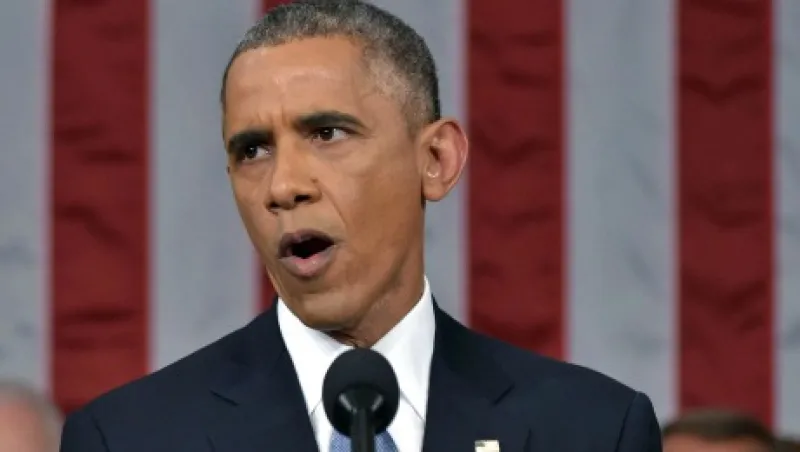
Daily Agenda: Can U.S. Strength Kick-start Global Growth?
As European markets brace for Greek demands and Obama completed his three-day trip to India, the U.S. economy remains the bright spot for global investors.
Andrew Barber
January 27, 2015


